
Parker Bioscience Filtration added a cleanroom at its site in Birtley, UK for manufacturing single-use assemblies and sensors used in biopharmaceutical processing.

Parker Bioscience Filtration added a cleanroom at its site in Birtley, UK for manufacturing single-use assemblies and sensors used in biopharmaceutical processing.

The company will use GE Healthcare’s off-the-shelf KUBio biologics factory, which is expected to start operations in 2020, to provide development and manufacturing for early- to late-clinical and early-commercial manufacturing stages.
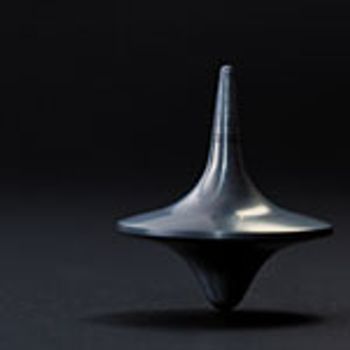
Advances in single-use technologies, sensors, and cell retention systems facilitate processes designed for the long run.
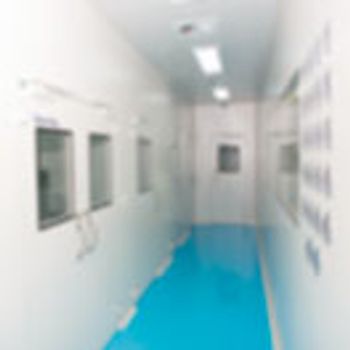
A multi-purpose biopharmaceutical manufacturing facility using a matrix of multi-functional cleanrooms can be adapted to efficiently meet the capacity challenges of both supplying clinical trials and launching products.
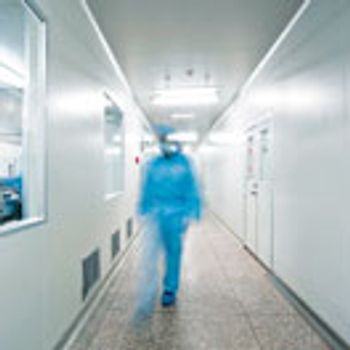
A matrix of multi-functional cleanrooms can be adapted for launching products.

The company has rolled out the first batch of TRACON Pharmaceutical’s lead product candidate from its Singapore-based single-use bioreactor.

The companies partnered to build a 500-L single-use pilot-scale plant for biologics production.

The maturation of single-use technologies presents commercial bioprocessing options for small-volume drug products.
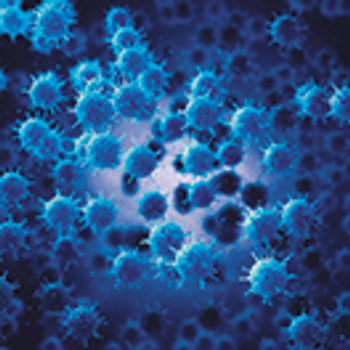
This article explores the use of single-use mixing technology in a detergent-based virus inactivation step during a monoclonal antibody production process.

A collaboration using Pall’s bioprocessing technology in G-CON’s PODs enables flexible continuous bioprocessing and viral vector facility solutions.

The CHF 400-million (US$416-million) investment in Lonza's biopark in Visp, Switzerland, will expand Ibex Solutions with two new offerings, drug substance development and drug substance and drug product manufacturing.

BeiGene is set to build late-stage clinical and commercial production capacity for cancer monoclonal antibodies with GE Healthcare’s KUBio, the prefabricated biopharma facility based on single-use technologies.
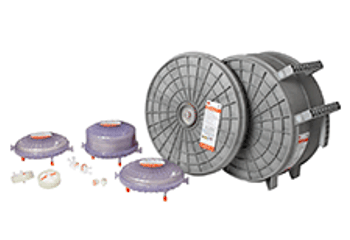
The new features on the purifier deliver additional sizes and sterilization/sanitization compatibility.

The collaboration will focus on developing manufacturing solutions for biosimilars.

The company is increasing manufacturing capacity at its Copenhagen, Denmark facility with the addition of six new bioreactors.

A collaboration integrates Sartorius Stedim Biotech’s BIOSTAT STR bioreactors and Repligen’s XCell ATF cell-retention control technology to create simplified, scalable equipment for intensified cell culture.
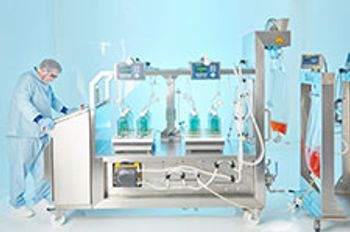
The SciLog SciPure FD System from Parker Bioscience is an automated single-use system for the filtration and dispensing of products into either bottles or bags.
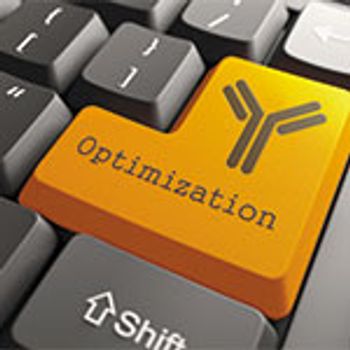
Automation can improve many aspects of bioprocessing, but several hurdles must be overcome before the full range of benefits can be realized.

The new Testa Center in Uppsala, Sweden is a collaborative test bed offering biotechnology equipment from GE Healthcare for process development.

The acquisition of Flex Concepts adds custom, single-use products to Entegris’ single-use bag product line.
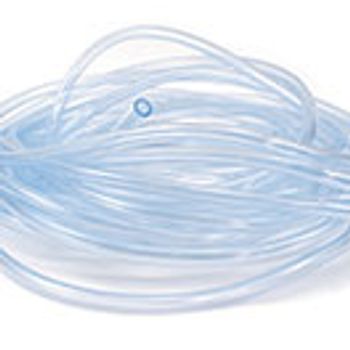
Silicone is one of the polymeric materials that can be used for single-use components and assemblies in biopharmaceutical manufacturing.
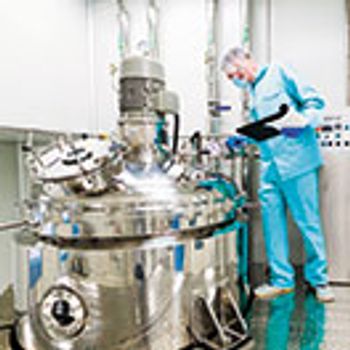
Understanding differences in bioreactor lifecycle, design space, and product platforms is important for selecting a bioreactor type.

Robust materials management, supplier quality management, quality control, and business continuity planning are essential to ensure continuous supply of single-use bags.
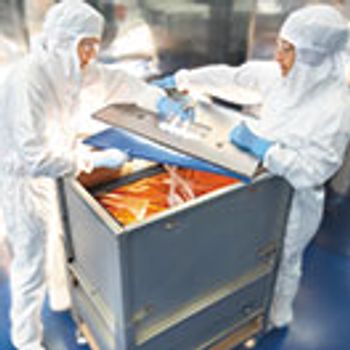
Increased use of single-use systems has led to a need to redefine safe, stable and integral systems for shipping biopharmaceuticals around the world. This article provides qualification data under international ASTM D4169 norms.
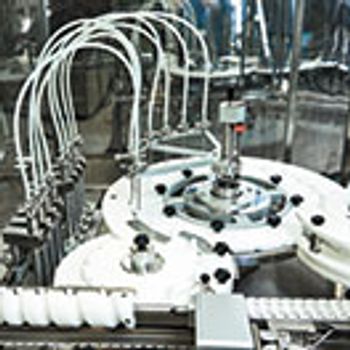
Single-use technologies have become increasingly prevalent in final fill/finish operations for biologics.